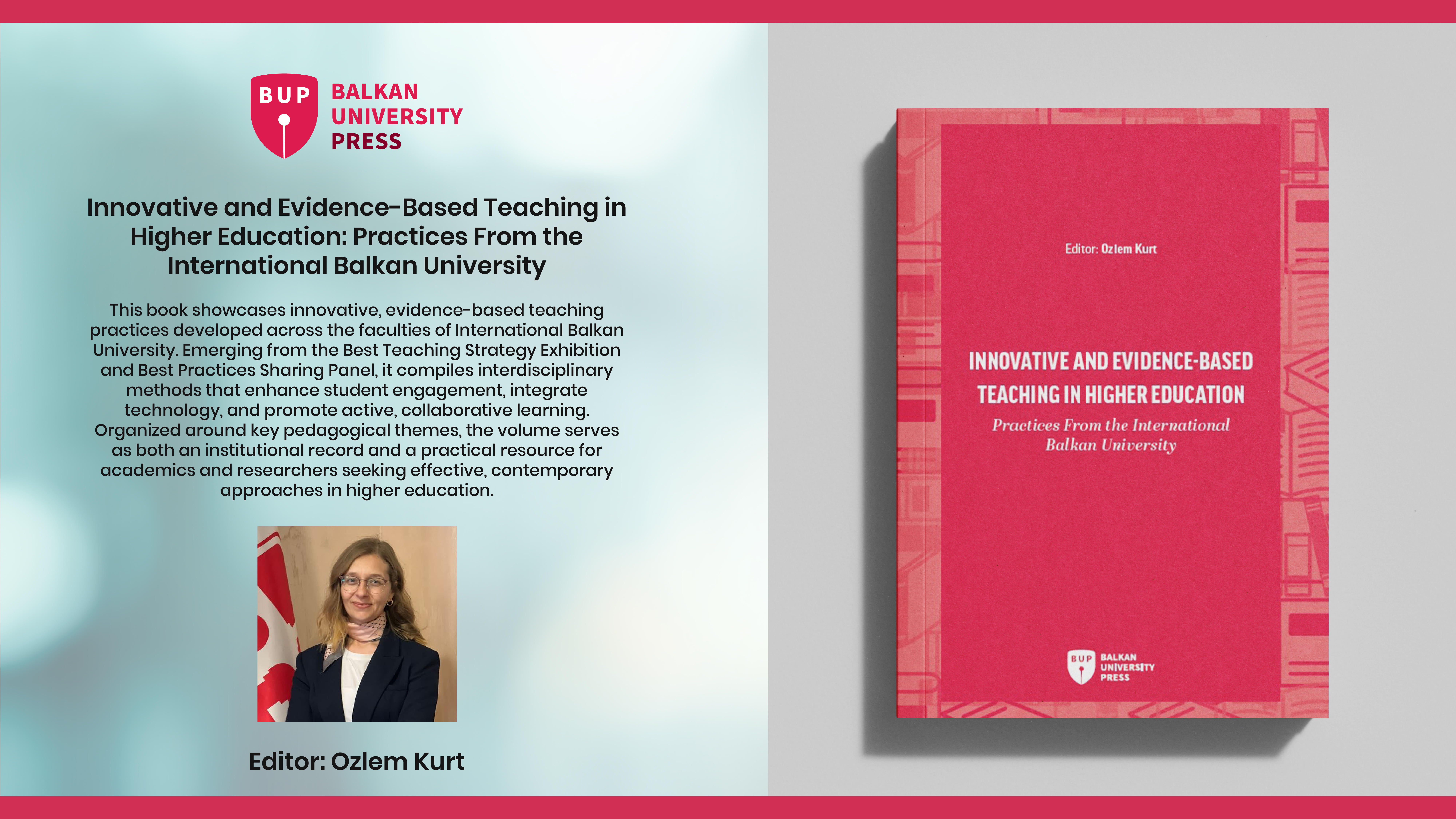
Prof. Paweł Sobkowiak on his chapter in the BUP book Various Aspects of Language Education
Balkan University Press recently published the book Various Aspects of Language Education edited by Prof. Marija Stevkovska and Prof. Marijana Klemenchich. This book brings together a group of authors, each with their unique perspectives, experiences, and expertise in the realm of language education. In an era of global communication and cultural exchange, the role of language education has never been more crucial and therefore, we truly hope that this book will be an important source for educators, teachers, researchers, learners, and anyone passionate about the transformative power of language. As we navigate the ever-evolving landscape of language education, we hope that this book serves as a timely guide covering various important aspects in Language Education.
We use this opportunity to discuss the importance of intercultural communication in teaching English as a foreign language with the esteemed Prof. Paweł Sobkowiak from Faculty of Law and Administration at the Adam Mickiewicz University from Poznań, Poland.
BUP: How have globalization and technology changed the goals of EFL teaching, making intercultural competence more important than just knowing the language?
PS: Globalization and recent technological advances have opened up new opportunities for individuals to move freely across the world and interact with representatives of diverse linguistic and cultural backgrounds. These changes and challenges, together with the fact that English has gained the status of a lingua franca, encouraged scholars to identify the competencies indispensable for EFL learners to be effective in cross-cultural interaction. This has led to questioning earlier models of communicative competence and long-established objectives of EFL teaching, rendering native speakerism not the ultimate aim of learning any more. It was argued that knowledge of a foreign language per se does not translate into an ability to communicate successfully in a culturally unfamiliar environment, i.e., the lack of awareness of cultural differences can be a source of misunderstandings and impede contacts with culturally diverse others. Consequently, the concept of linguistic competence was extended, encompassing deep intercultural competence.
BUP: Professor, please tell us more about the book chapter that you published in the edited book Various Aspects of Language Education.
PS: My chapter published in a recently released book Various aspects of language education, edited by my colleagues Marija Stevkovska and Marijana Klemenchich (Balkan University Press, 2024) is entitled Toward teaching EFL for intercultural communication. Premising that language use is a culturally embedded practice in and through which an individual’s cultural identity is constructed, the text provides a rationale and argues for the need to adopt widely an intercultural approach in the EFL classroom. Such a framework, except for an integration of teaching language and culture, which enriches students’ understanding of difference and allows for exercising their agency, shifts focus on developing students’ intercultural communicative competence.
BUP: What are the key benefits for students in understanding the link between language and culture, and how can intercultural teaching develop important skills like motivation and empathy?
PS: In this chapter I try to highlight the benefits students can derive from acknowledging complex interrelationships between linguistic and cultural elements deeply intertwined in discourses, while actively engaging with the processes of constructing and interpreting meaning, and negotiating new ways of behaving. The reader will learn that intercultural teaching implies transcending the cognition of (a) foreign culture(s) and cultural differences, and entails fostering a set of skills (behaviors), attitudes (affective domains), individual features, such as motivation and empathy, and applying an alternative evaluative lens in judgments. In addition to that, I will seek to argue that critical intercultural awareness and understanding can emerge in ethnically homogenous classrooms, provided five principles are implemented which help engage students in assignments stimulating constant exploration, questioning and interpretation of the encountered products, practices and perspectives, all culturally determined.
BUP: How does this chapter suggest that EFL educators in intercultural classrooms can start making this shift from traditional approaches?
PS: The overarching purpose of the chapter is to provide a comprehensive and up-to-date insight into the fundamentals of intercultural EFL teaching and advocate ways of implementing its principles into a classroom practice. The tenets of an intercultural orientation to teaching EFL are discussed and the differences from a traditional approach to teaching language and culture delineated so that the readers could successfully initiate their own contextual practices in the future.







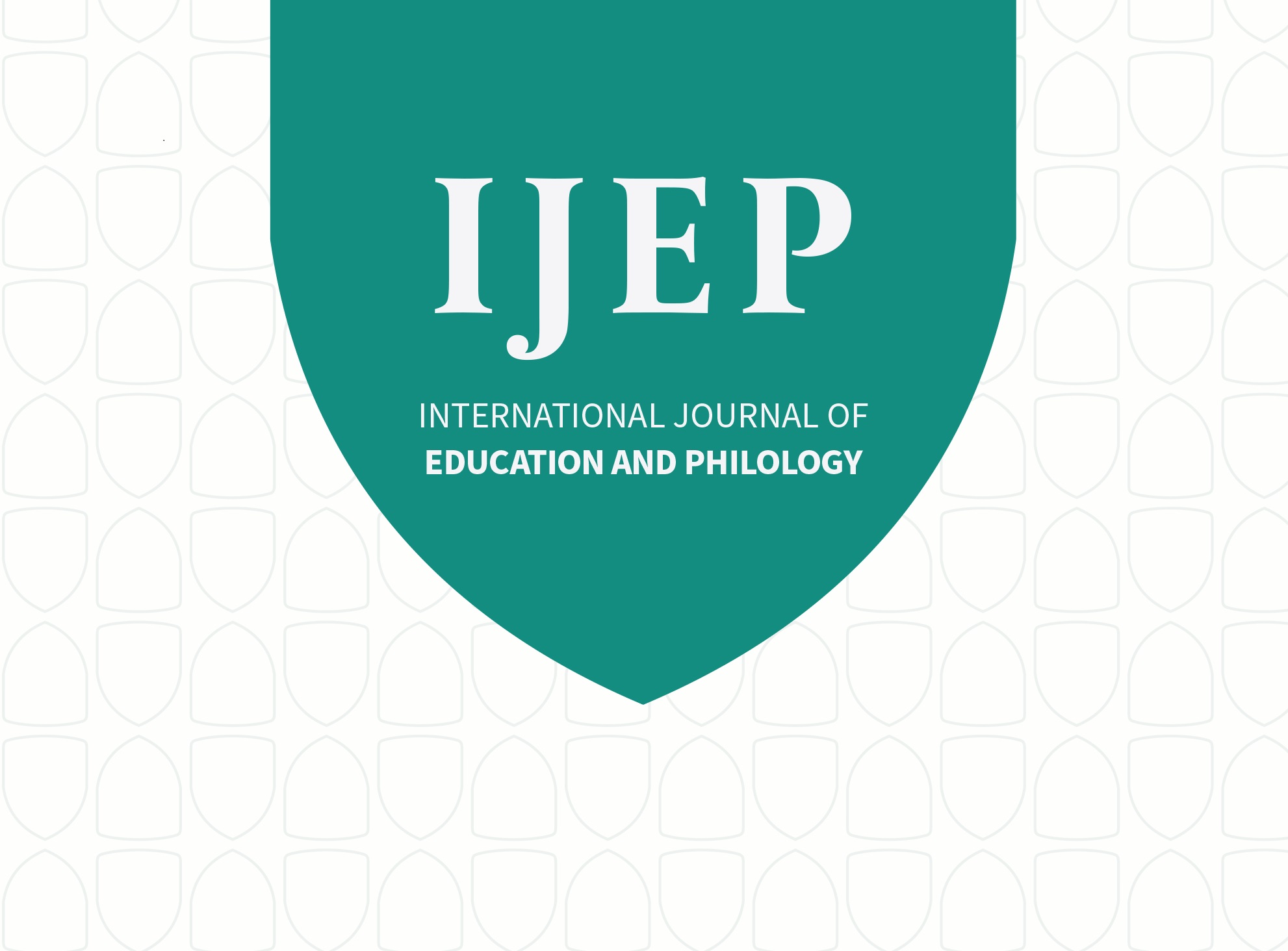










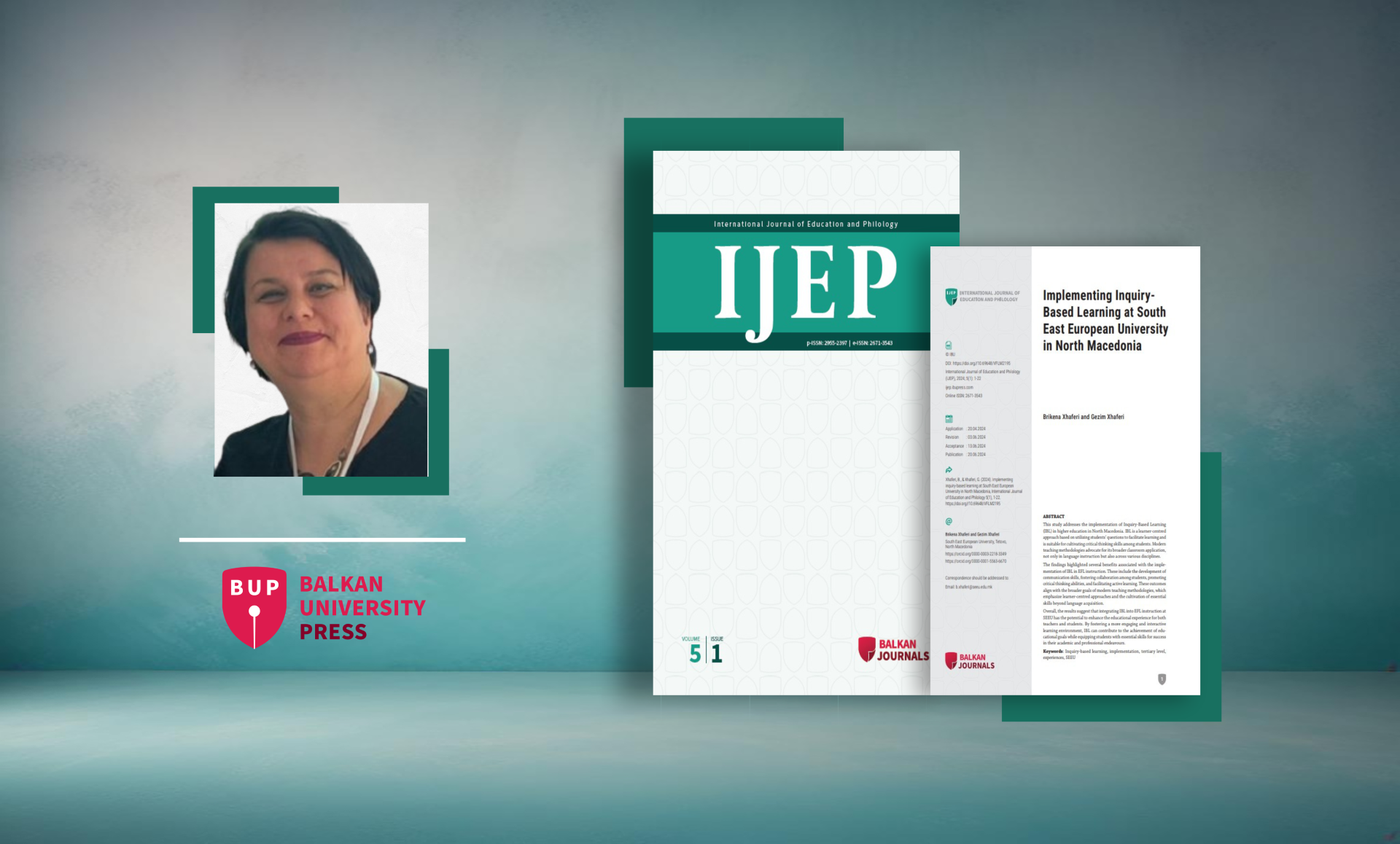
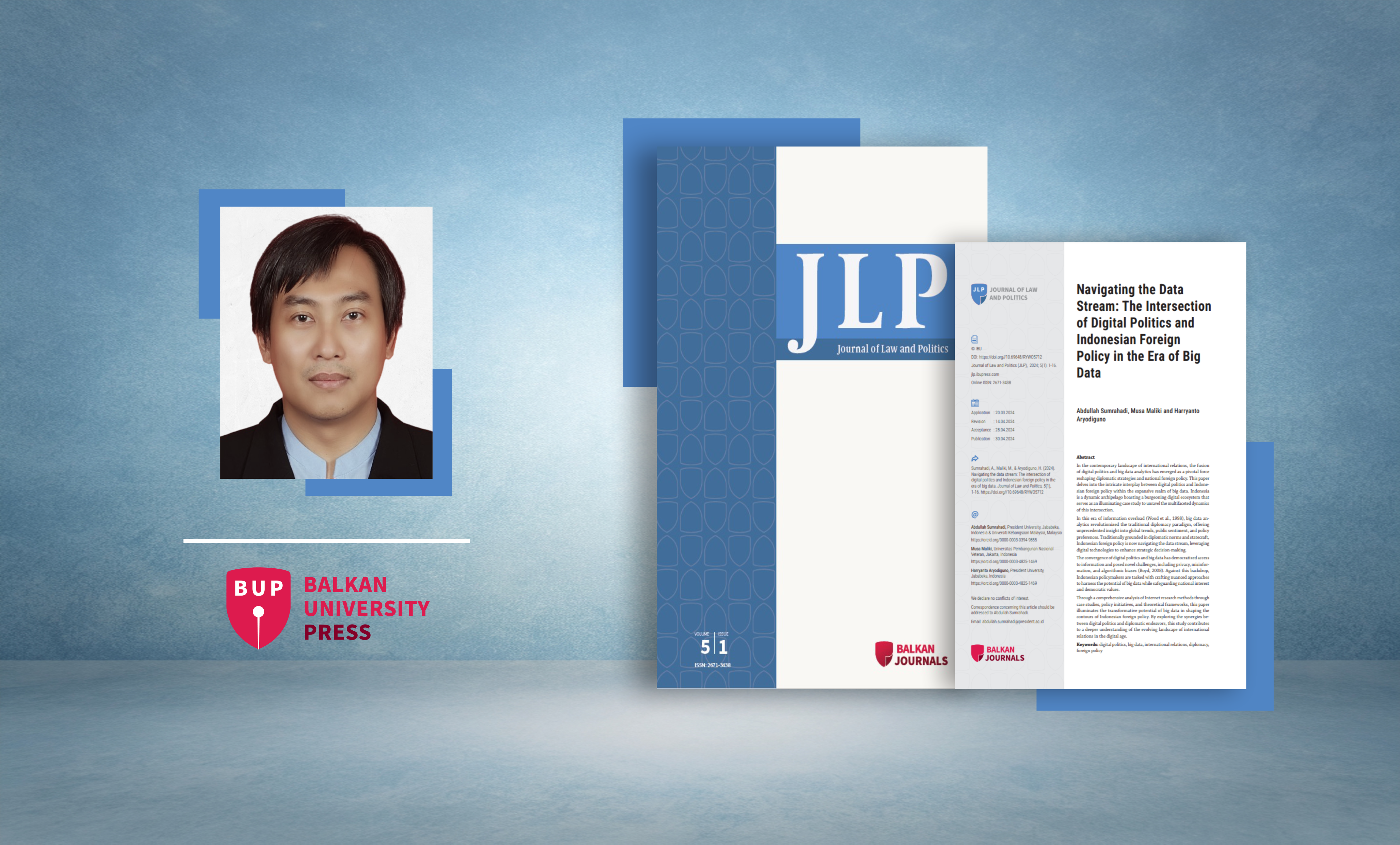


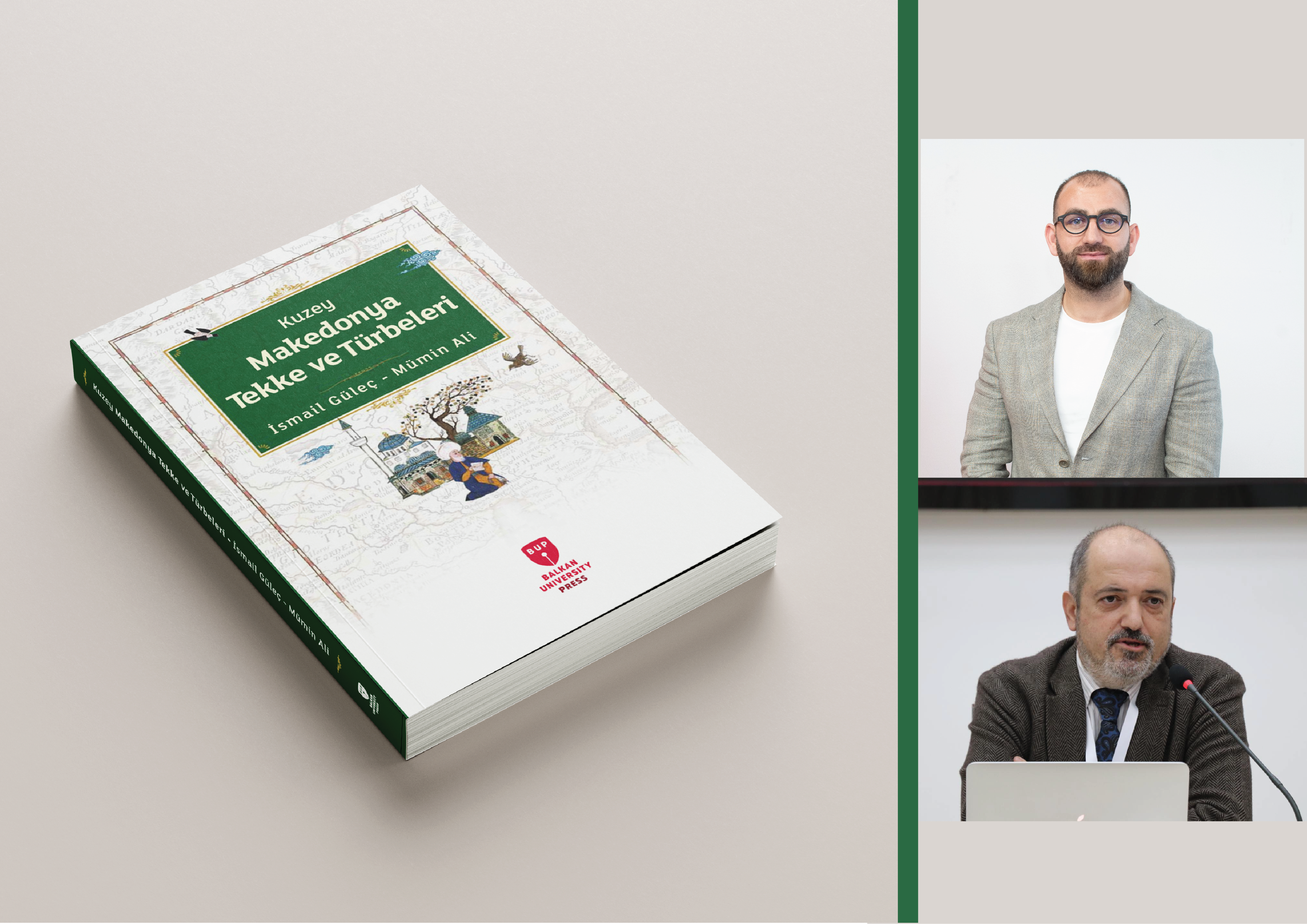



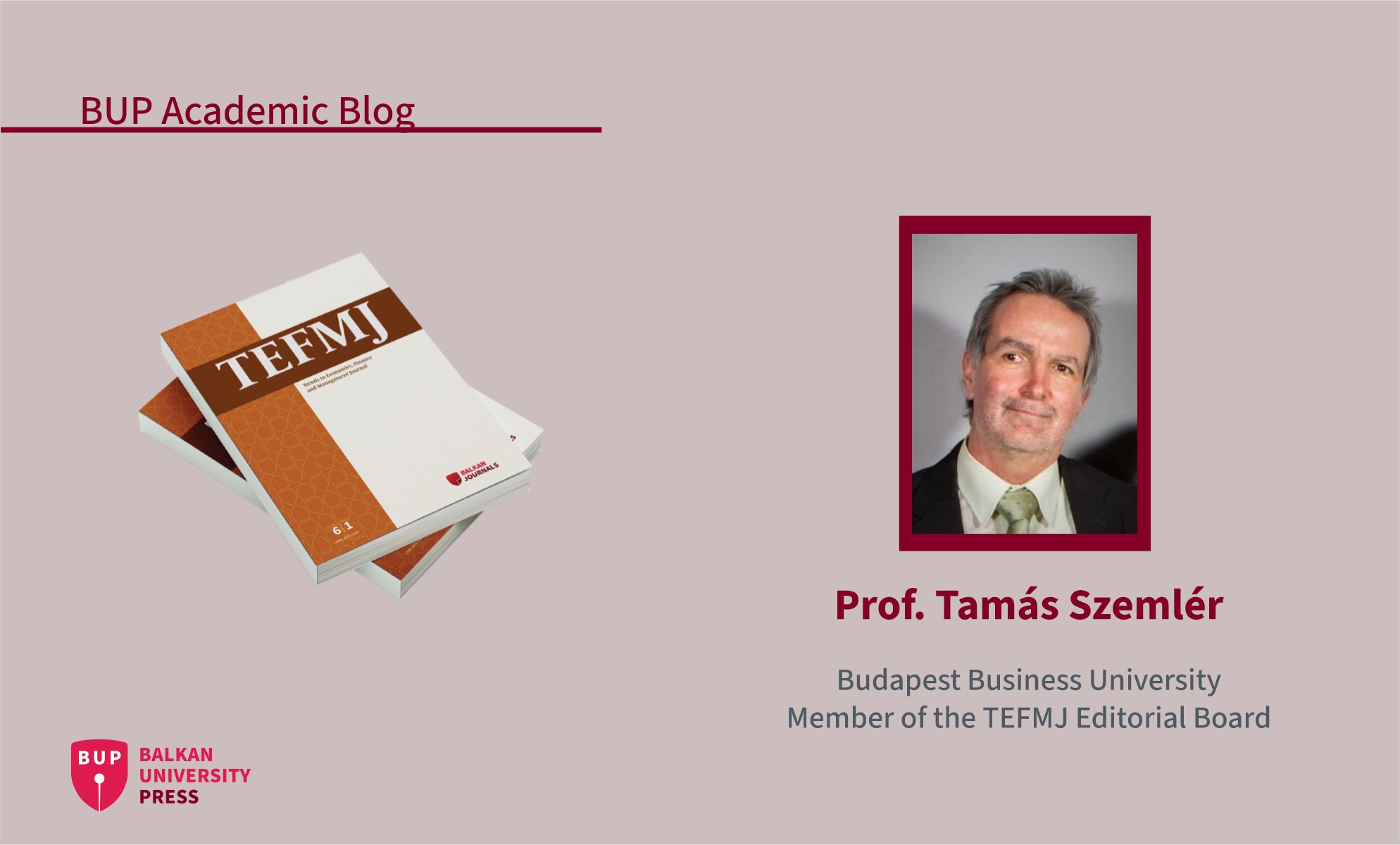
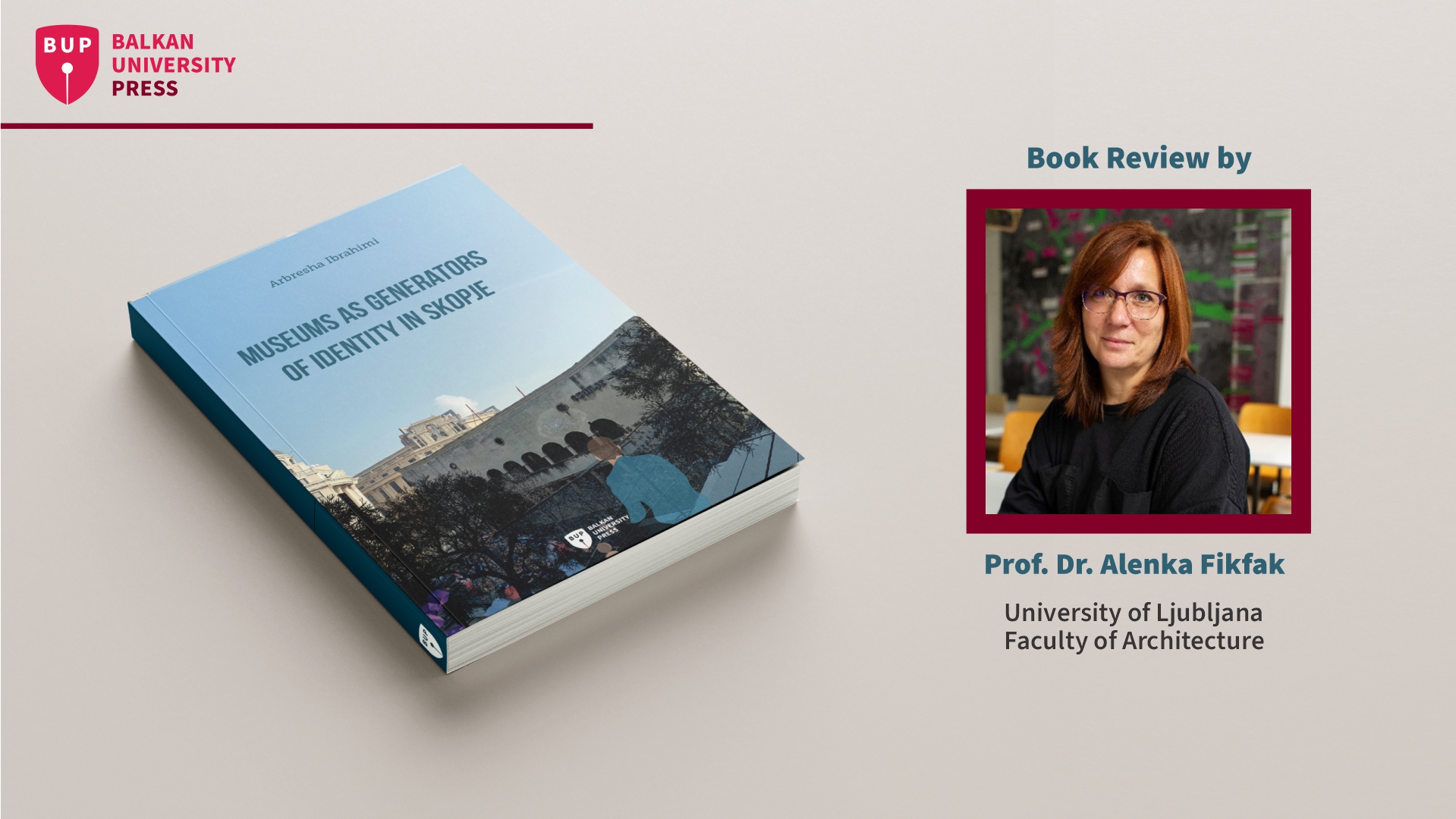




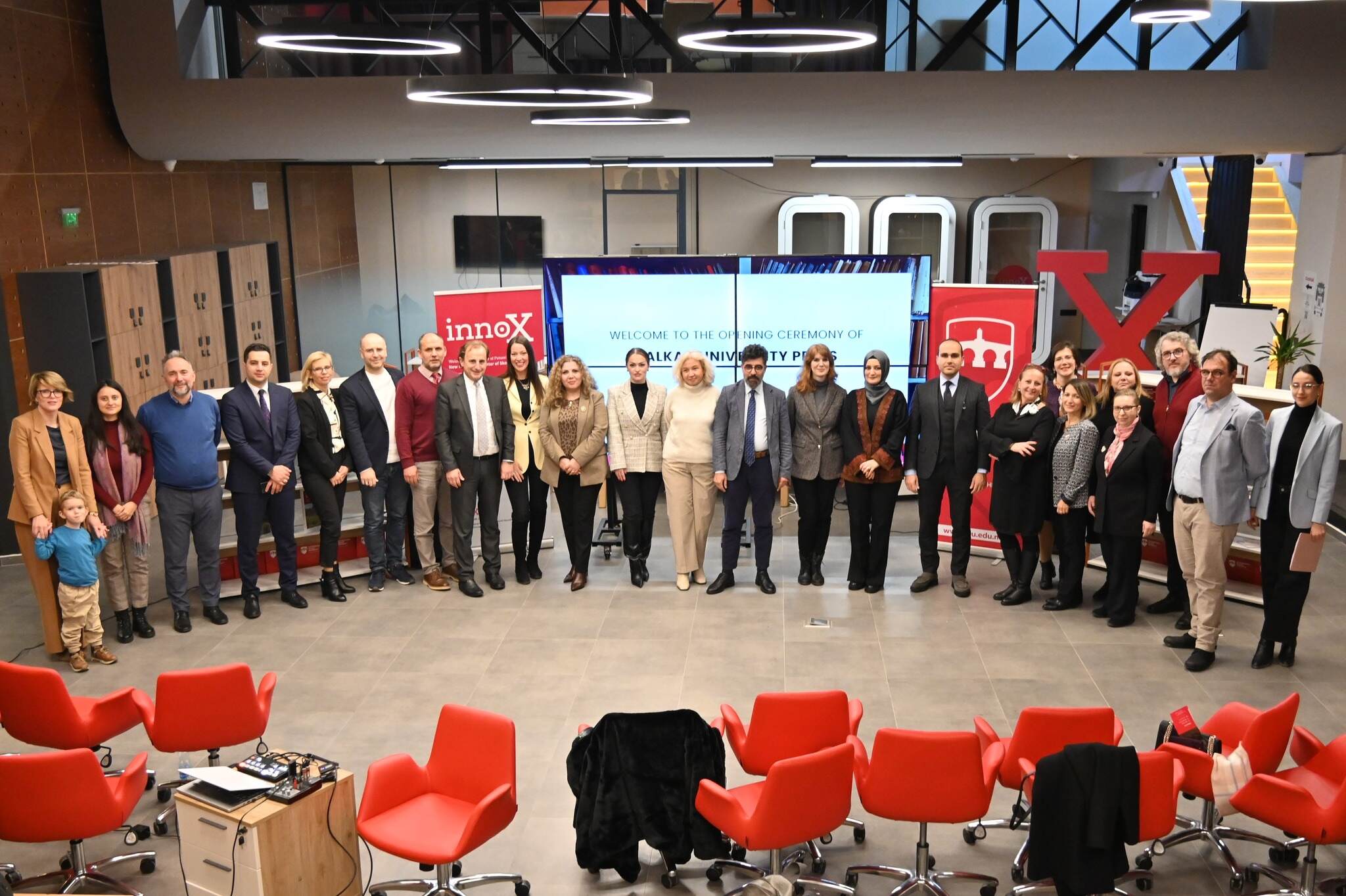



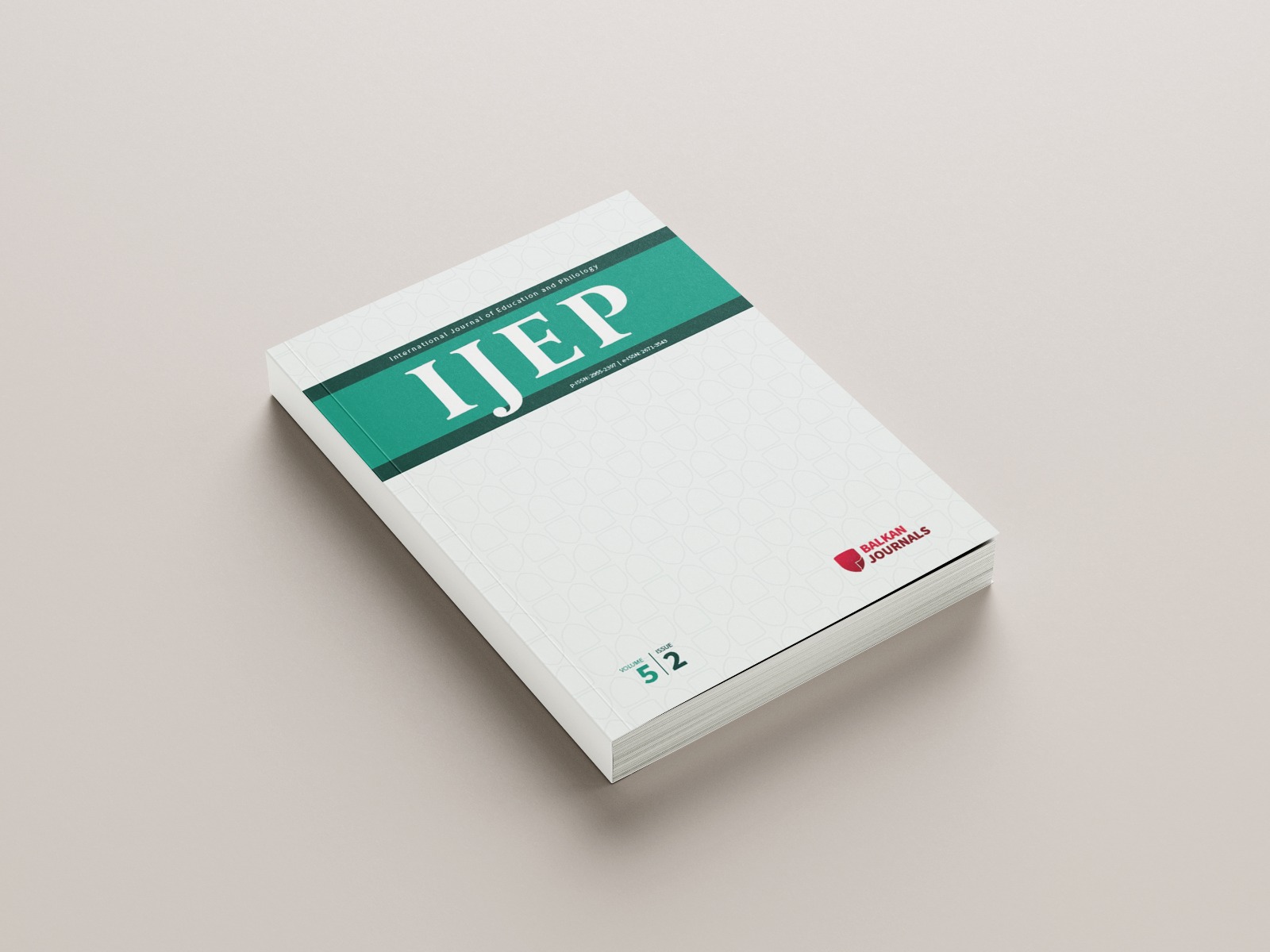



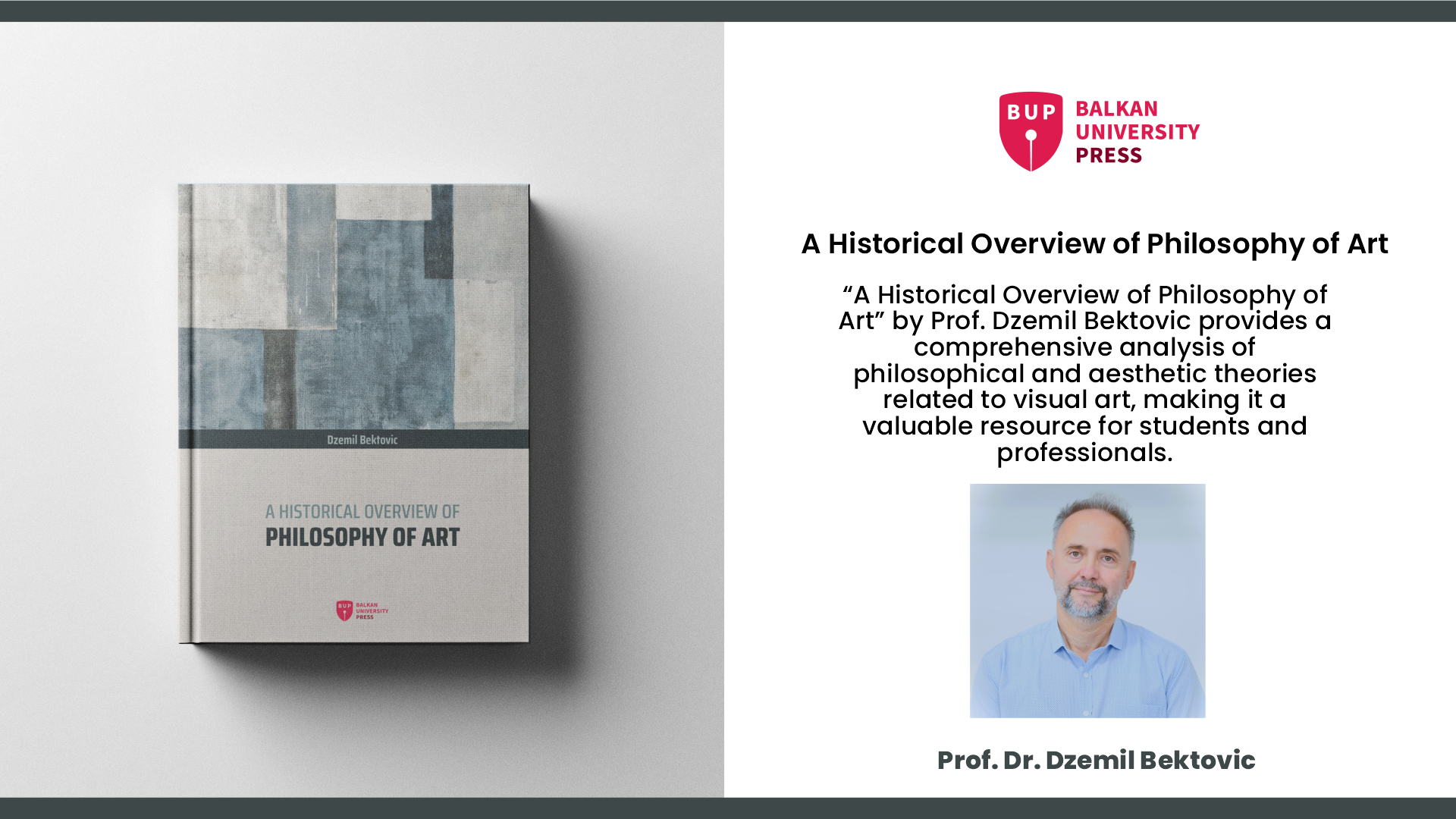
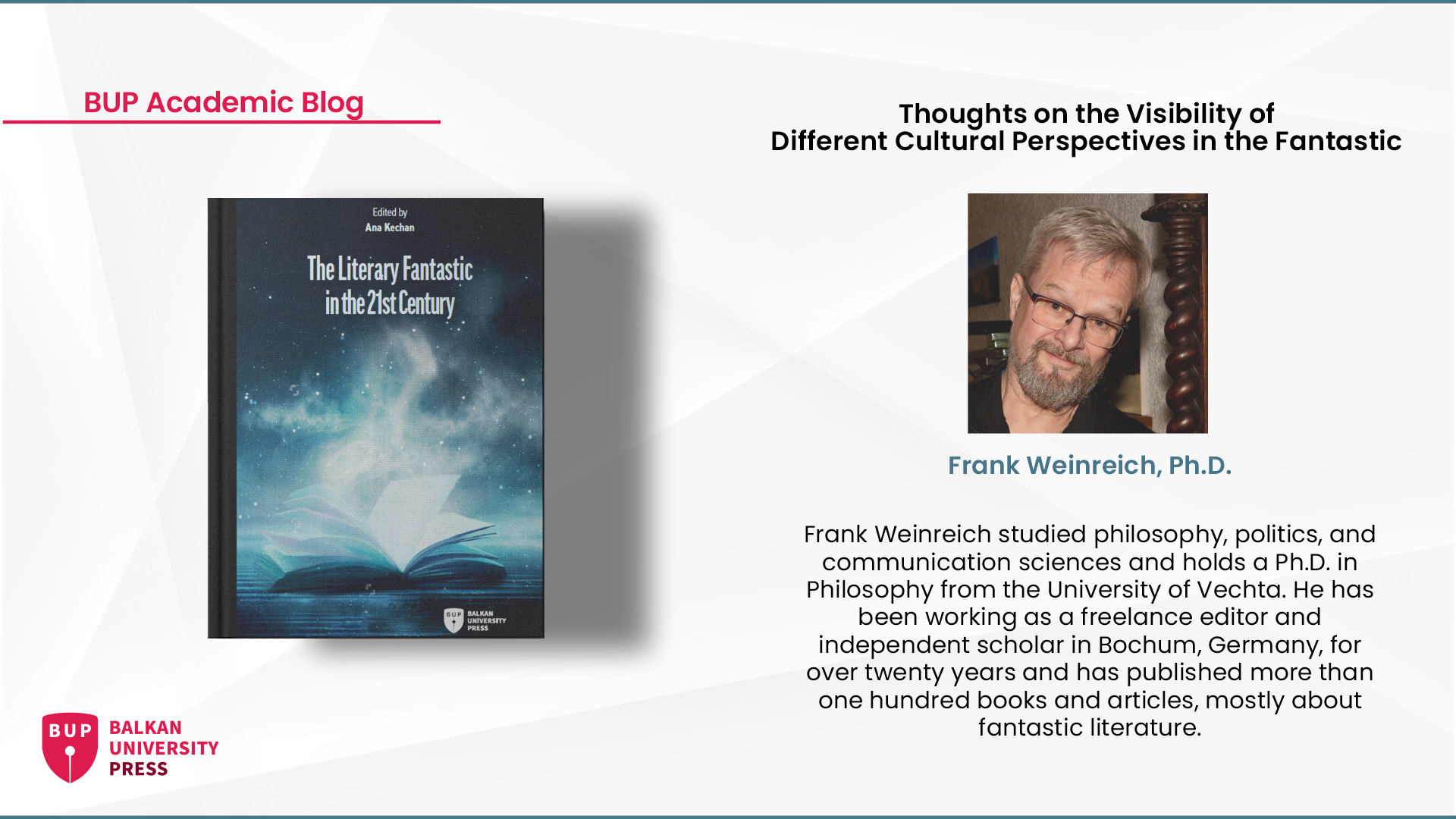
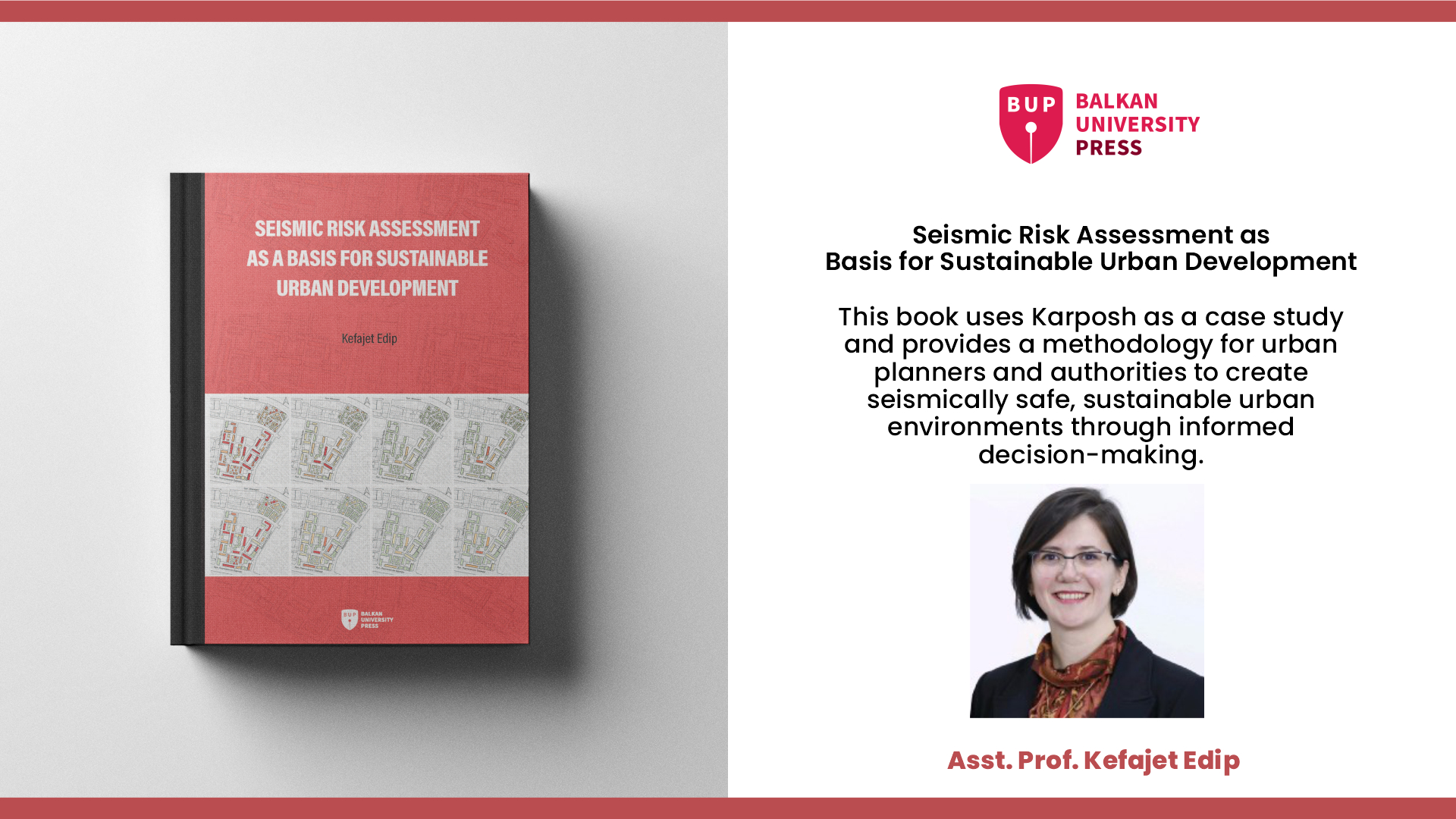




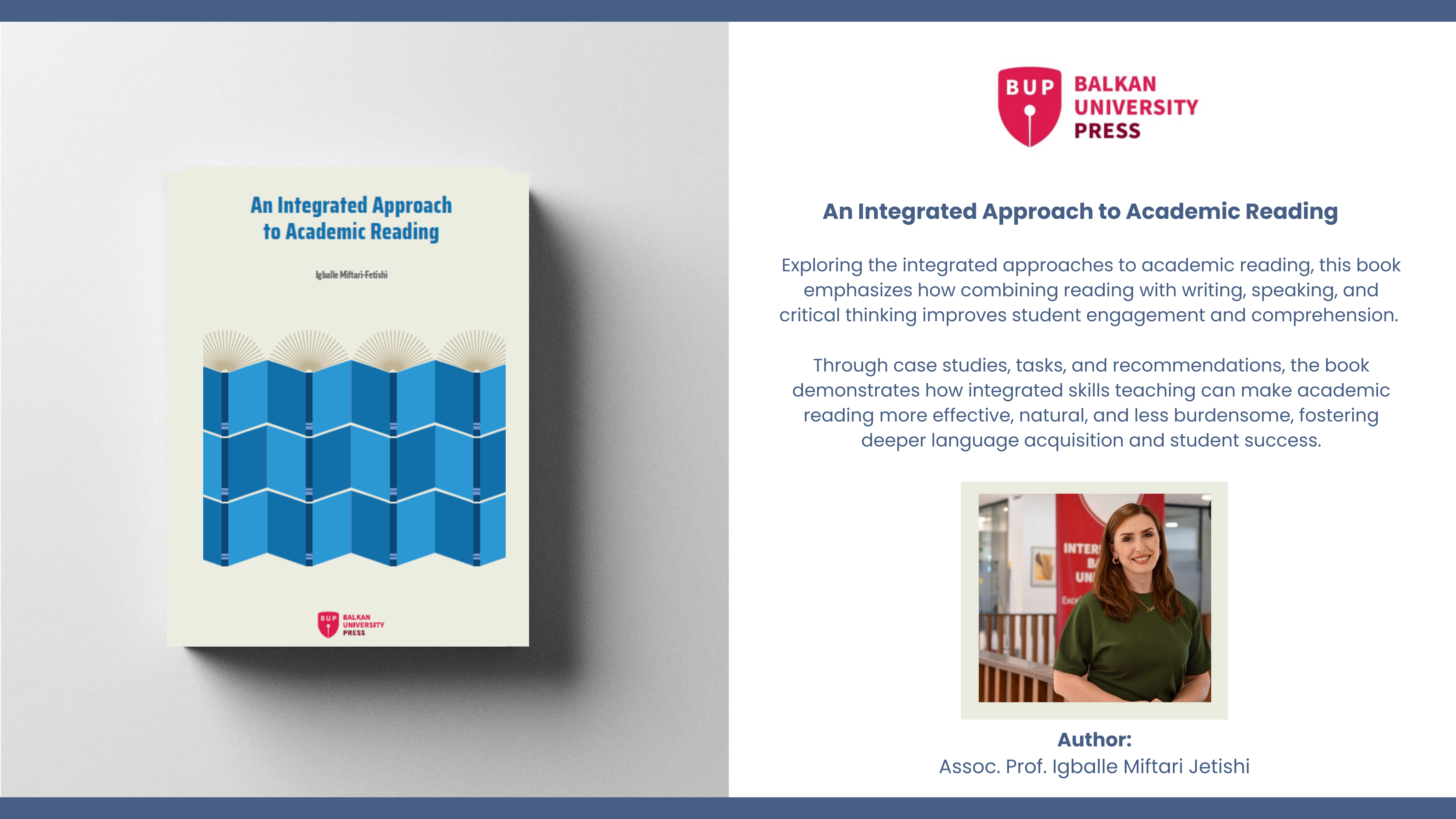


.png)
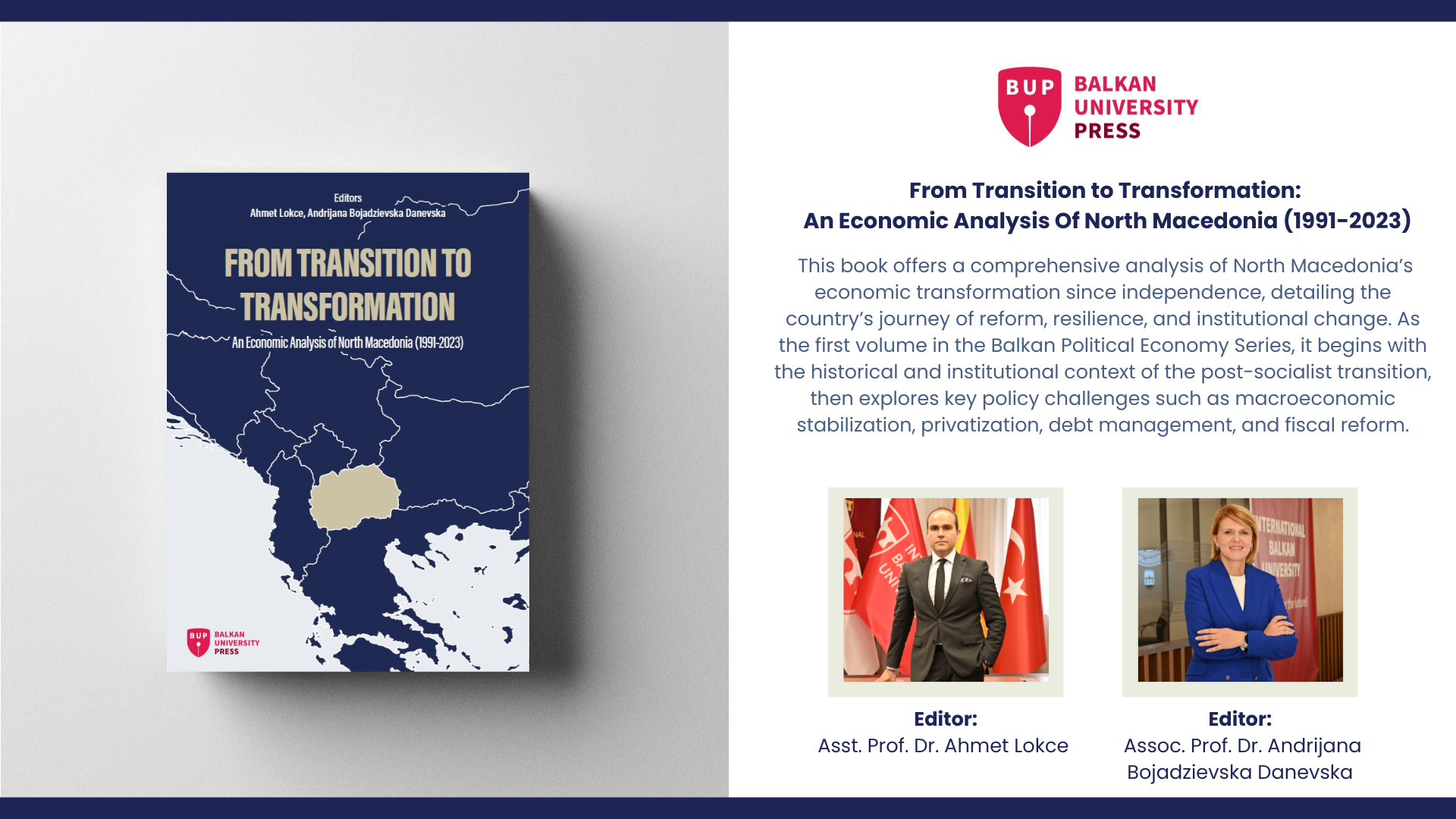


.png)

.png)
